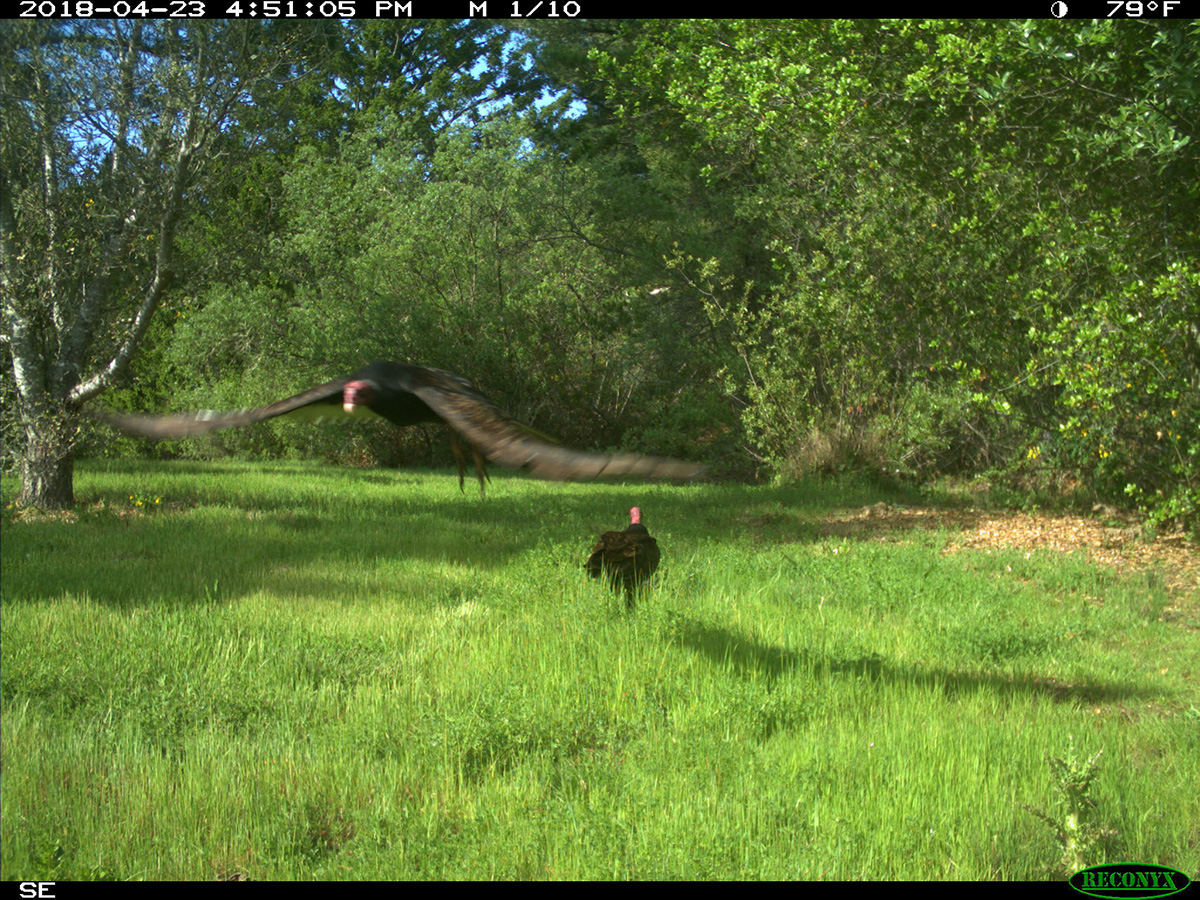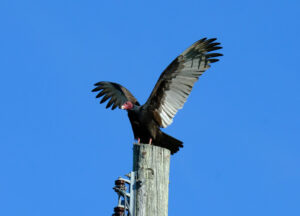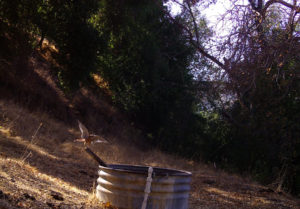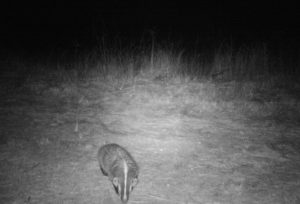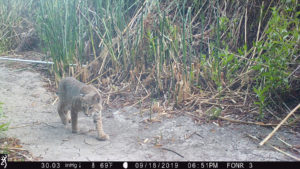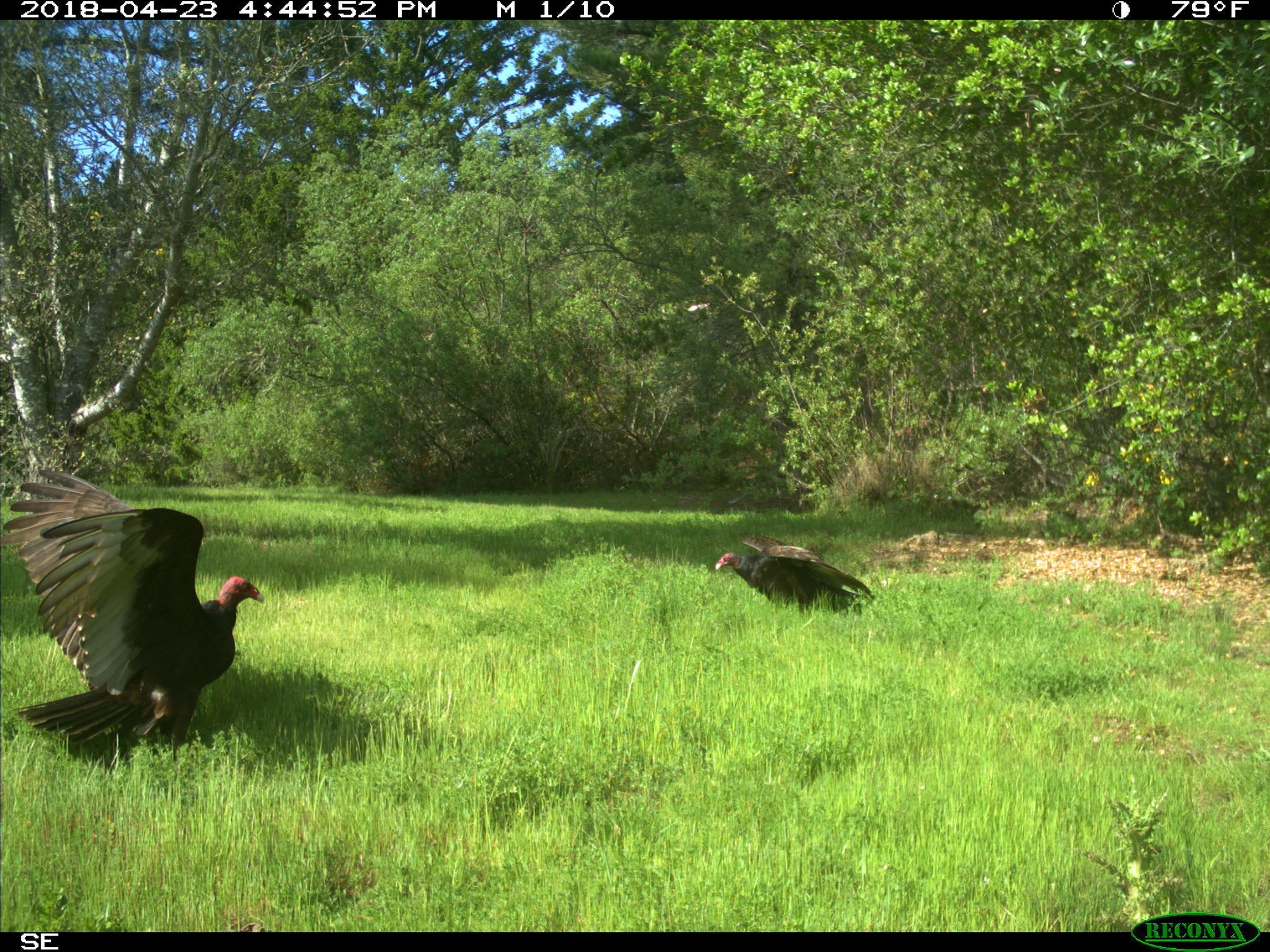
Turkey vulture courtship lacks the certain je ne sais quoi of, say, the bird of paradise, but it isn’t without its own charm. Hopping around in a circle, they spread their wings and move around in a kind of dance. Going airborne, the male will generally lead a chase involving flapping and diving. Turkey vultures are mates for life in a slightly more bald parallel to the magnificent gliding white swans.
Throughout California, turkey vultures are year-round residents. It’s possible to catch them spreading their wings to soak up some sun on crisp Bay mornings, if you rise early and know where to look. They’re highly social birds, so once you’ve found one you’ve probably found quite a few more. High up in the sky, they can be spotted circling and gliding on thermals, a familiar sight to anyone who has looked out the car window on long road trips, or just glanced upwards while hiking.
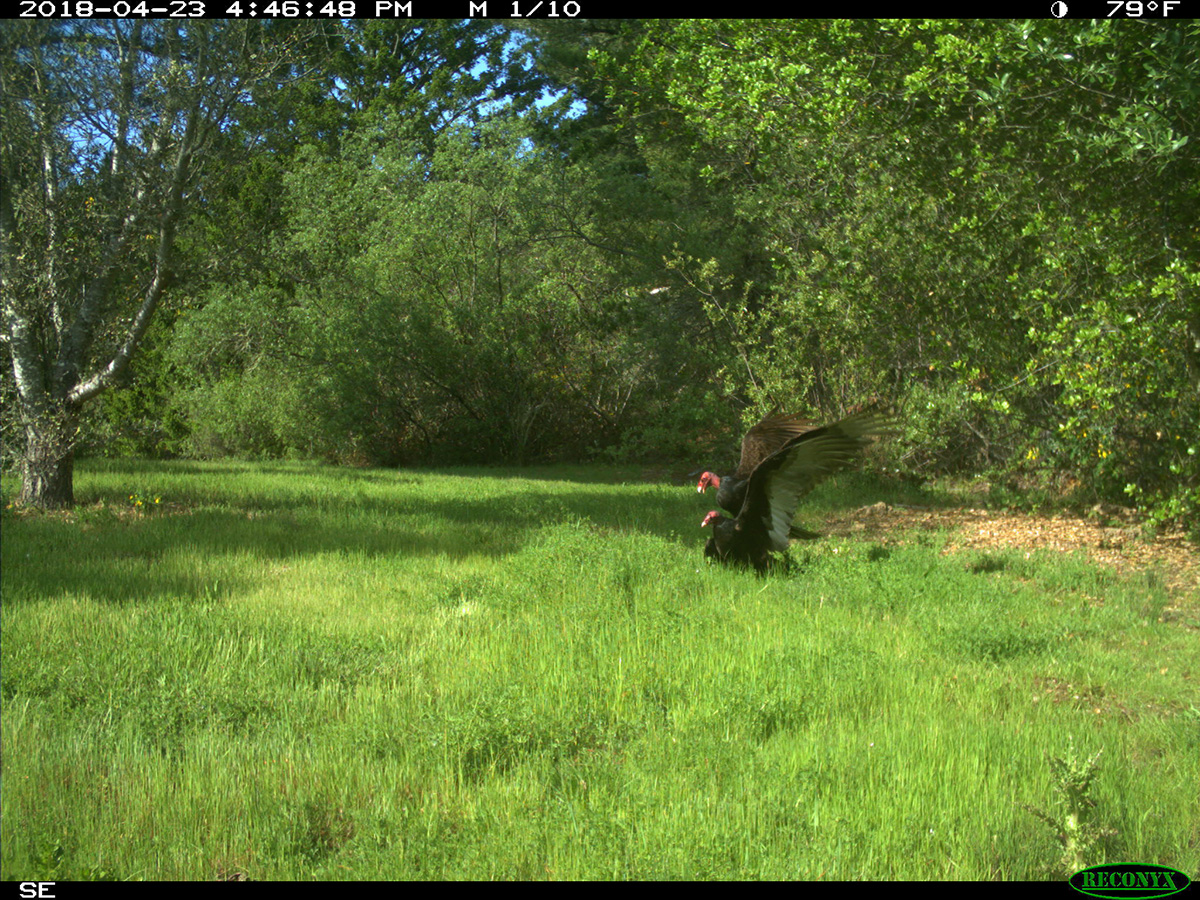
As a child, I used to walk past a large group that would sun their wings every morning, their sunning perfectly timed for my walk to school. I could tell time by the vultures — if we ran too early, they wouldn’t be spreading their wings yet. If we were running late, they would have already flown away, sufficiently warmed up to begin the day. They were a constant in my life for a couple of years, until they weren’t. The land they roosted on was sold to a developer, and suddenly there were new houses going up where the turkey vultures had been. I never found out where they went instead, but I still saw them circling far overhead on warm days.
The particular pair of vultures captured here was courting on the Peninsula, near a popular watering hole in an area of open space. The landowner says they catch a fair amount of wildlife with their cameras — several are set up in different strategic locations to get the most out of the traps.
It’s important to get to know our wild neighbors, especially given the commonality of turkey vultures. Though their role as scavengers may seem distasteful, the removal of carrion plays an important role in helping stop the spread of disease to both other animals and humans alike. Their digestive system is capable of sanitizing a wide variety of bacteria and viruses that would otherwise be left out in the open air for anyone or anything to pick up.
